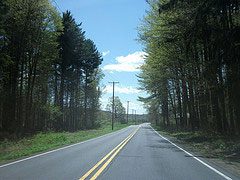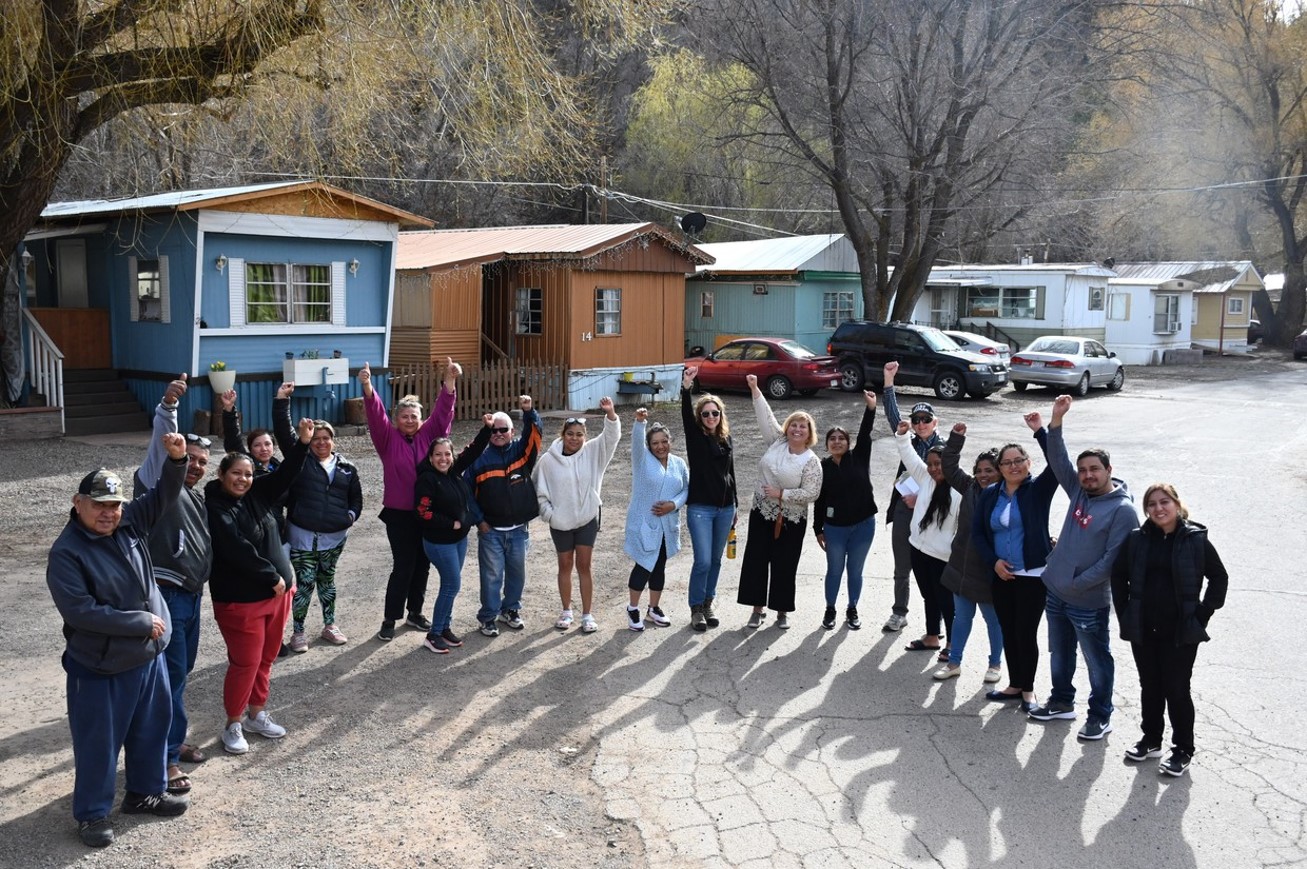
What he based that on was the fact that there are many houses along those roads, but no businesses, at least none that are clearly selling something or providing some sort of service. He made this statement as he was encouraging the planning board to reject a proposed business. The business would interfere with his “quiet enjoyment of his property.”
Now I have heard people argue plenty of times that a residential neighborhood is the wrong place for a business to operate. Sometimes in these neighborhoods commerce is very restricted, but people are allowed to have so-called “home occupations,” like a small cake-baking business, for instance, or a hair salon in someone's converted living room. As long as there is minimal sign of the business from the street or from neighbors' houses, people are usually ok with it.
But I'd never heard someone stake a claim to a road, or a set of roads, as off-limits to business. Especially in this case, where the roads in question were not even part of a defined subdivision of homes and streets.
A few weeks earlier at another planning board meeting, someone was trying to get approval to have weddings on their property. Some neighbors objected, arguing that the road that led to this place was an “agricultural road.” Their main concern was that it was a narrow two-lane road with no shoulder, and farmers drive big tractors that can't pull over when wedding traffic is hurrying to get past them. I'm sympathetic to the farmers, since I like to see rural areas kept safe for farming and not overrun by people who don't see the value of them. But it seemed odd to claim the road as belonging to a particular set of users.
These two situations are emblematic, I think, of how Americans are uncomfortable with mixing uses. No one wants to live anywhere near a place of work, despite the potential for saving greatly on commuting time, not to mention creating more vibrant communities. You have to have your houses over here, your stores over there, your office park somewhere else, and your farm way the heck over there.
I'd like to see a future in which more of us live, work, play and yes, farm in the same neighborhood or district. I don't see why it has to be so hard to imagine. Intelligent people can figure out ways to enable all the different users of a place to coexist.
(Photo credit: Flickr user Doug Kerr Att-SA)





Comments